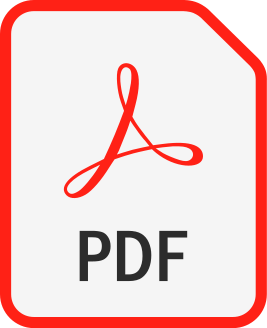At Wouldham we believe that Music is a unique way of communicating, that can inspire and motivate children. We want music lessons to be fun, creative and engaging. Music at Wouldham reflects the culture and society that we live in. We want children to feel confident, reflective and expressive, developing their own appreciation of music with the opportunities provided in school.
The aims of music teaching are to enable children to:
- Know and understand how sounds are made and then organised into music structures;
- Know how music is made through a variety of instruments;
- Know how music is composed and written down;
- Know how music is influenced by the time, place and purpose for which it was written;
- Develop the inter-related skills of performing, composing and appreciating music.
Intent
At Wouldham, we use the Kapow Primary music scheme across the school. The intention is first and foremost to help children to feel that they are musical, and to develop a life-long love of music. Each class teacher uses the scheme and adapts it to ensure every child can access and enjoy music within our school.
We focus on developing the skills, knowledge and understanding that children need in order to become confident performers, composers, and listeners. Our curriculum introduces children to music from all around the world and across generations, teaching children to respect and appreciate the music of all traditions and communities. Children will develop the musical skills of singing, playing tuned and untuned instruments, improvising and composing music, and listening and responding to music. They will develop an understanding of the history and cultural context of the music that they listen to and learn how music can be written down. Through music, our curriculum helps children develop transferable skills such as team-working, leadership, creative thinking, problem-solving, decision-making, and presentation and performance skills. These skills are vital to children’s development as learners and have a wider application in their general lives outside and beyond school.
Implementation
Wouldham Primary School takes a holistic approach to music, in which the individual strands below are woven together to create engaging and enriching learning experiences:
- Performing
- Listening
- Composing
- The history of music
- The inter-related dimensions of music
Each five-lesson unit combines these strands within a cross-curricular topic designed to capture pupils’ imagination and encourage them to explore music enthusiastically. Our lessons are taught with a combination of weekly sessions and focus days. Over the course of the scheme, children will be taught how to sing fluently, expressively, and play tuned and untuned instruments accurately and with control. They will learn to recognise and name the interrelated dimensions of music - pitch, duration, tempo, timbre, structure, texture and dynamics - and use these expressively in their own improvisations and compositions.
Impact
The impact of our music curriculum can be constantly monitored through both formative and summative assessment opportunities. Each lesson provides an opportunity to assess pupils against the learning objectives and at the end of each unit there is often a performance element. After the implementation of music at Wouldham, pupils should leave primary school equipped with a range of skills to enable them to succeed in their secondary education and to be able to enjoy and appreciate music throughout their lives. The expected impact of following this scheme of work is that children will:
- Be confident performers, composers and listeners and will be able to express themselves musically at and beyond school.
- Show an appreciation and respect for a wide range of musical styles from around the world and will understand how music is influenced by the wider cultural, social, and historical contexts in which it is developed.
- Understand the ways in which music can be written down to support performing and composing activities.
- Demonstrate and articulate an enthusiasm for music and be able to identify their own personal musical preferences.
- Meet the end of key stage expectations outlined in the national curriculum for Music.



